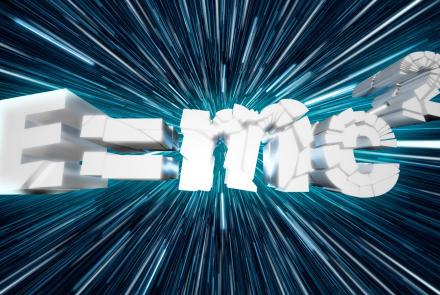
Does Infinity - Infinity = an Electron
S10 E30 - 15m 35s
What do you get if you take something that’s infinitely massive and combining with something else that’s negative infinitely massive? You get a single electron, at least that’s what it looks like in our most precise way of describing the quantum world.

